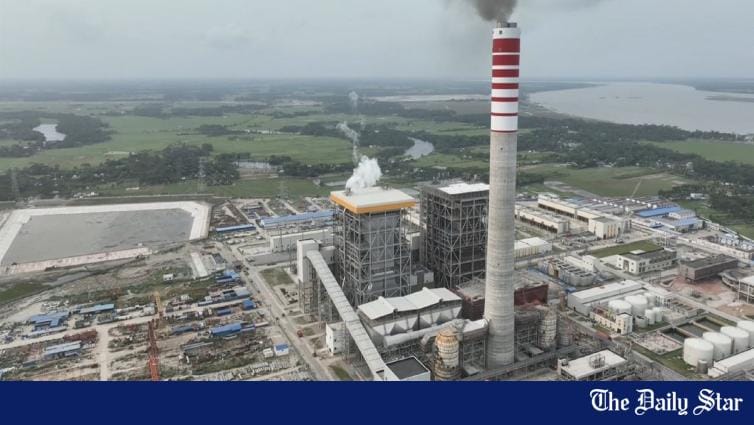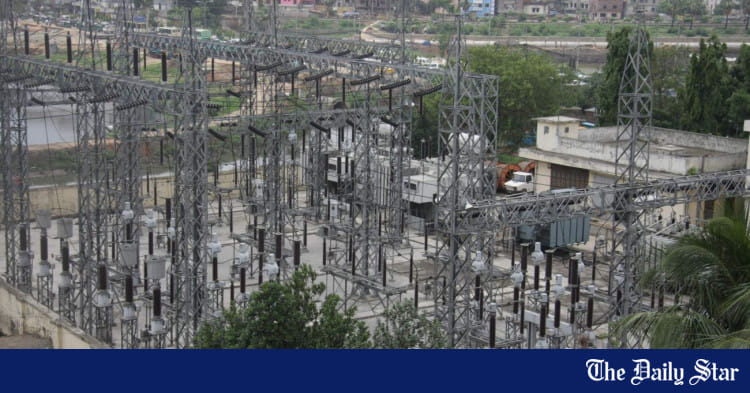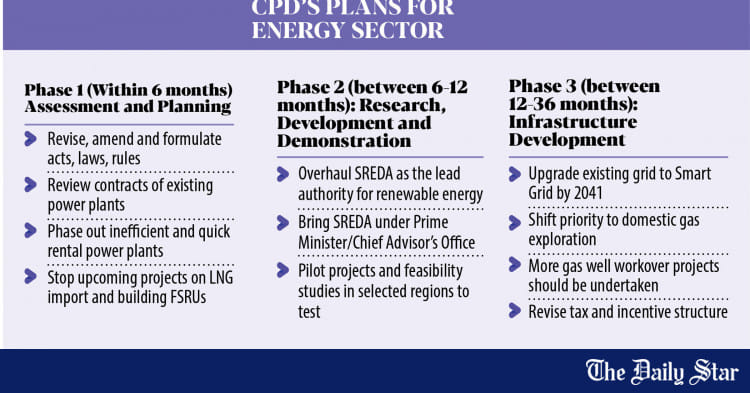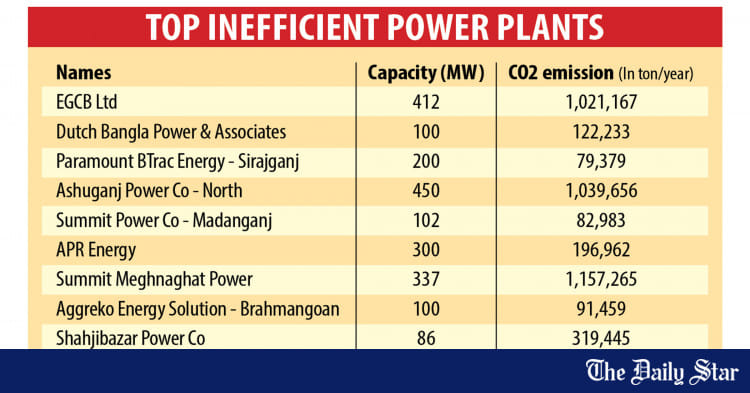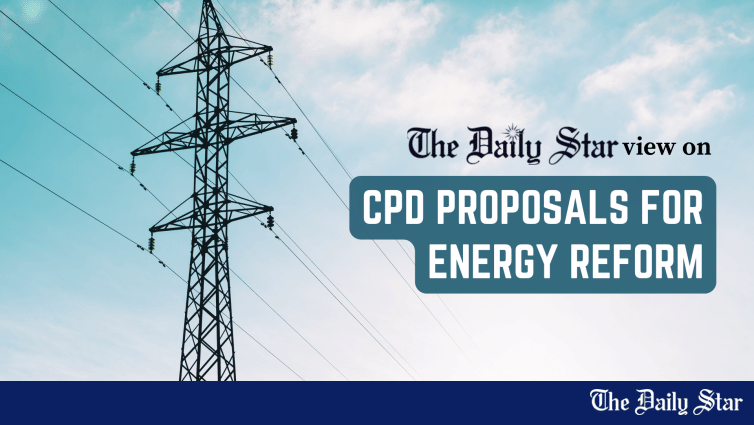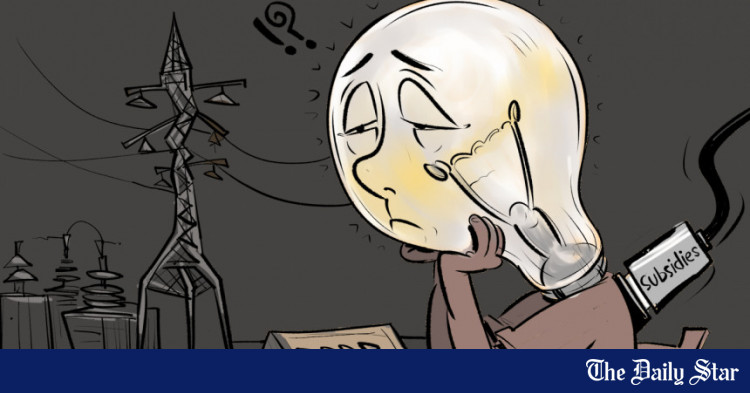- Copy to clipboard
- Thread starter
- #141
Saif
Senior Member
- Joined
- Jan 24, 2024
- Messages
- 15,397
- Reaction score
- 7,865
- Points
- 209
- Nation

- Residence

- Axis Group


BD struggling to get LNG cargoes for regasification
Bangladesh has been grappling to receive LNG (liquefied natural gas) cargoes for regasification after purchases due to a halt in the operation of Summit LNG Terminal at Moheshkhali following accidents. One spot cargo vessel carrying around 3.36 million British thermal unit (MMBTu) of LNG has remai
BD struggling to get LNG cargoes for regasification
M AZIZUR RAHMAN
Published :
Jul 26, 2024 00:49
Updated :
Jul 26, 2024 00:49

Bangladesh has been grappling to receive LNG (liquefied natural gas) cargoes for regasification after purchases due to a halt in the operation of Summit LNG Terminal at Moheshkhali following accidents.
One spot cargo vessel carrying around 3.36 million British thermal unit (MMBTu) of LNG has remained stranded in deep sea over the past 10 days and another has been deferred for this prolonged operational delay.
A senior Petrobangla official disclosed this to the FE.
He said the spot LNG cargo of Excelerate Energy LP has been waiting in deep sea since July 15 to deliver the fuel to one of the country's two floating, storage and regasification units (FSRUs).
The state-run Rupantarita Prakritik Gas Company Ltd (RPGCL) purchased it from the US energy giant at $13.55 per MMBTu totalling Tk 6.09 billion.
The government has been counting fiscal penalty to be paid to Excelerate Energy as demurrage for not receiving the LNG cargo in time, the official said without figuring out the amount of the penalty.
Meanwhile, the RPGCL deferred the cargo of Total Energies Gas and Power Ltd, which was scheduled for release during the July 24-25 delivery window, according to an RPGCL official.
The government has purchased the spot LNG cargo at $12.58 per MMBTu totalling the cost of Tk 5.83 billion.
Had Summit's FSRU not encountered the latest accident of tearing down its messenger rope on July 11, both cargoes would have been delivered to the FSRUs for regasification, the RPGCL official said.
Earlier, the government had to cancel four cargoes for June delivery following the initial technical issue of Summit's FSRU due to the Remal mayhem. The terminal shut operations on May 30 after spotting damage to its FSRU.
The RPGCL cancelled three spot cargoes of Gunvor Singapore Pte Ltd and one of QatarEnergy Trading LLC for June delivery windows.
Gunvor was awarded contracts to deliver these spot cargoes for June 07-09 and June 09-11 and June 28-29 delivery windows at $10.4622 per MMBtu, $10.4622 per MMBtu and $12.9697 per MMBtu respectively. QatarEnergy was supposed to deliver the cargo at $10.30 per MMBtu for June 19-21 delivery window.
According to market insiders, Remal's savagery to Summit's FSRU turned out as a boon for the government as it could save around $150 million due to cancellation of the four cargoes, said.
"As cyclone Remal hit the coast, a broken stray steel structure weighing hundreds of tons banged the Summit LNG Terminal, causing significant damage," said a Summit statement earlier.
Summit LNG Terminal returned from Singapore on July 10 after repair, but it suffered a fresh blow the next day of reaching Moheshkhali mooring facility.
M AZIZUR RAHMAN
Published :
Jul 26, 2024 00:49
Updated :
Jul 26, 2024 00:49
Bangladesh has been grappling to receive LNG (liquefied natural gas) cargoes for regasification after purchases due to a halt in the operation of Summit LNG Terminal at Moheshkhali following accidents.
One spot cargo vessel carrying around 3.36 million British thermal unit (MMBTu) of LNG has remained stranded in deep sea over the past 10 days and another has been deferred for this prolonged operational delay.
A senior Petrobangla official disclosed this to the FE.
He said the spot LNG cargo of Excelerate Energy LP has been waiting in deep sea since July 15 to deliver the fuel to one of the country's two floating, storage and regasification units (FSRUs).
The state-run Rupantarita Prakritik Gas Company Ltd (RPGCL) purchased it from the US energy giant at $13.55 per MMBTu totalling Tk 6.09 billion.
The government has been counting fiscal penalty to be paid to Excelerate Energy as demurrage for not receiving the LNG cargo in time, the official said without figuring out the amount of the penalty.
Meanwhile, the RPGCL deferred the cargo of Total Energies Gas and Power Ltd, which was scheduled for release during the July 24-25 delivery window, according to an RPGCL official.
The government has purchased the spot LNG cargo at $12.58 per MMBTu totalling the cost of Tk 5.83 billion.
Had Summit's FSRU not encountered the latest accident of tearing down its messenger rope on July 11, both cargoes would have been delivered to the FSRUs for regasification, the RPGCL official said.
Earlier, the government had to cancel four cargoes for June delivery following the initial technical issue of Summit's FSRU due to the Remal mayhem. The terminal shut operations on May 30 after spotting damage to its FSRU.
The RPGCL cancelled three spot cargoes of Gunvor Singapore Pte Ltd and one of QatarEnergy Trading LLC for June delivery windows.
Gunvor was awarded contracts to deliver these spot cargoes for June 07-09 and June 09-11 and June 28-29 delivery windows at $10.4622 per MMBtu, $10.4622 per MMBtu and $12.9697 per MMBtu respectively. QatarEnergy was supposed to deliver the cargo at $10.30 per MMBtu for June 19-21 delivery window.
According to market insiders, Remal's savagery to Summit's FSRU turned out as a boon for the government as it could save around $150 million due to cancellation of the four cargoes, said.
"As cyclone Remal hit the coast, a broken stray steel structure weighing hundreds of tons banged the Summit LNG Terminal, causing significant damage," said a Summit statement earlier.
Summit LNG Terminal returned from Singapore on July 10 after repair, but it suffered a fresh blow the next day of reaching Moheshkhali mooring facility.

